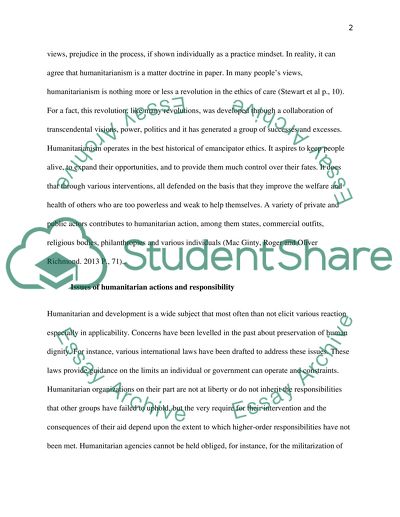Cite this document
(“Humanitarianism and Security Essay Example | Topics and Well Written Essays - 2250 words”, n.d.)
Humanitarianism and Security Essay Example | Topics and Well Written Essays - 2250 words. Retrieved from https://studentshare.org/humanitarian/1673840-humanitarianism-and-security
Humanitarianism and Security Essay Example | Topics and Well Written Essays - 2250 words. Retrieved from https://studentshare.org/humanitarian/1673840-humanitarianism-and-security
(Humanitarianism and Security Essay Example | Topics and Well Written Essays - 2250 Words)
Humanitarianism and Security Essay Example | Topics and Well Written Essays - 2250 Words. https://studentshare.org/humanitarian/1673840-humanitarianism-and-security.
Humanitarianism and Security Essay Example | Topics and Well Written Essays - 2250 Words. https://studentshare.org/humanitarian/1673840-humanitarianism-and-security.
“Humanitarianism and Security Essay Example | Topics and Well Written Essays - 2250 Words”, n.d. https://studentshare.org/humanitarian/1673840-humanitarianism-and-security.


